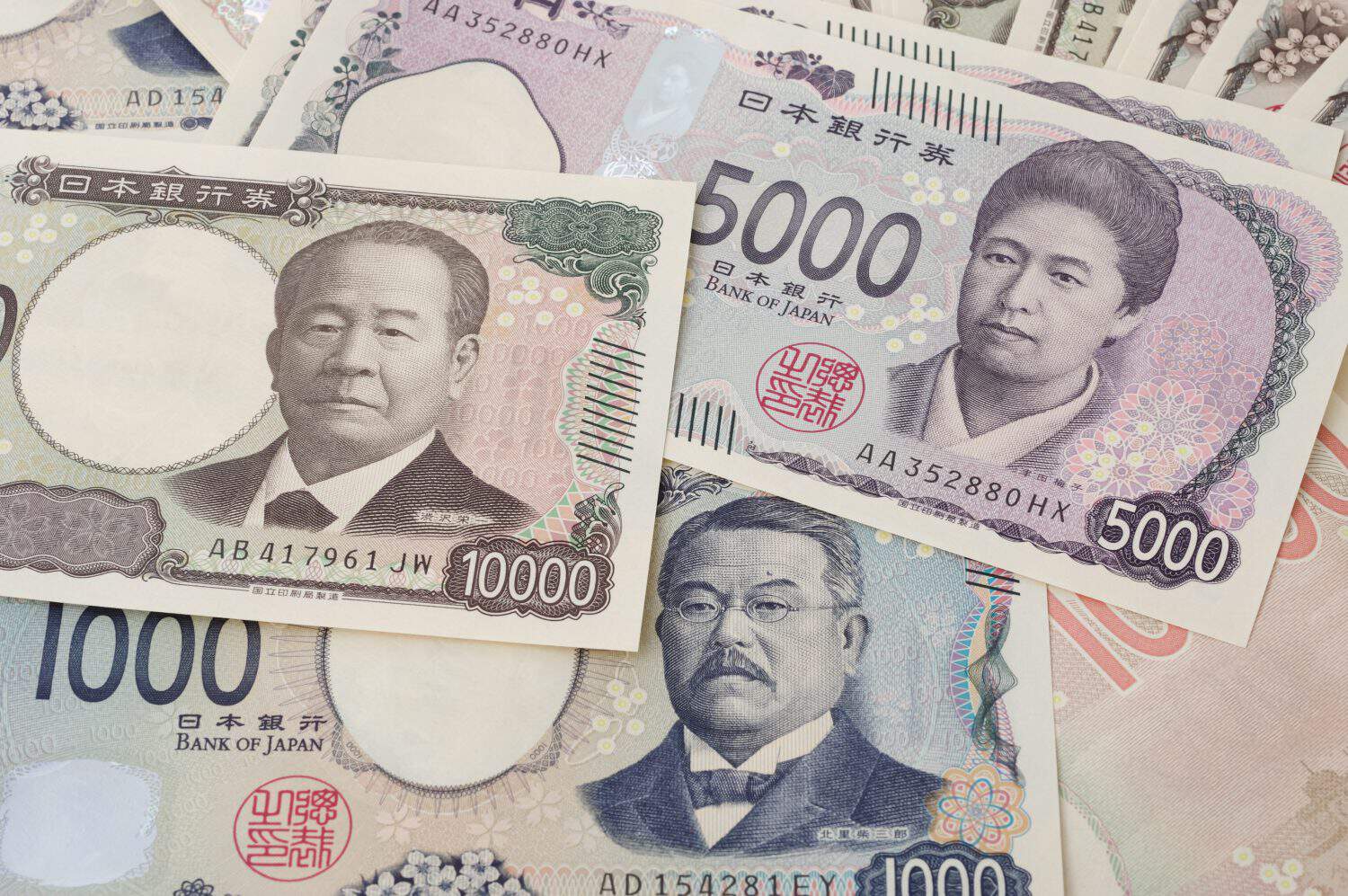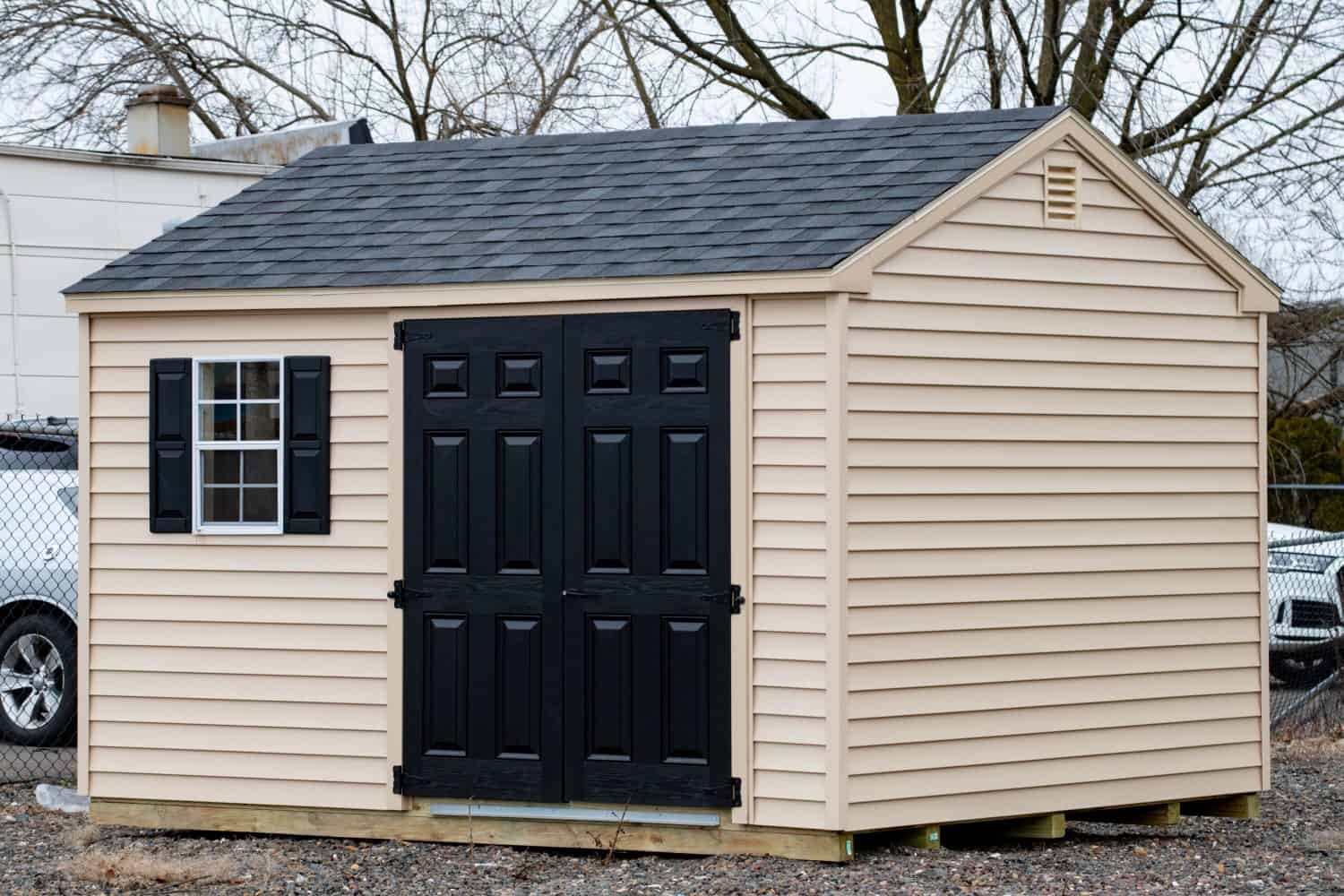
Are you familiar with the term “shareholder yield?”
Imagine you’re at a party where the dividend investors chat in the living room while the buyback people are busy discussing share repurchases outside on the patio. Shareholder yield is where both groups come together in the kitchen, and the party really gets started.
In 2013, portfolio manager Meb Faber wrote a book, Shareholder Yield: A Better Approach to Dividend Investing, that takes dividends to the next level.
A decade later, Faber’s firm, Cambria Investment Management LP, has five Shareholder Yield ETFs available to practice what he preaches. The Cambria Shareholder Yield ETF (BATS:SYLD) is the largest by assets, with $1.25 billion.
While investors might look for dividend stocks yielding 5% or more, Faber is searching for gems with high shareholder yields. These yields are calculated by adding dividends, buybacks, and debt repayment together and dividing them by market cap.
Here are three stocks from the ETF yielding 5% or more that investors should buy now.
Key Points About This Article:
- Brunswick’s (BC) shareholder yield suggests it has better days ahead.
- Builders FirstSource (BLDR) continues to grow despite its large size.
- PayPal Holdings’ (PYPL) turnaround has gained some traction in 2024.
- Sit back and let dividends do the heavy lifting for a simple, steady path to serious wealth creation over time. Grab a free copy of “2 Legendary High-Yield Dividend Stocks” now.
Brunswick Corp. (BC)

Brunswick Corp. (NYSE:BC) makes recreational boats and engines—lots of them. Its revenue was $6.40 billion last year, down from $6.81 billion in 2022 but up 9.5% from 2021.
With higher interest rates, consumers weren’t nearly as enthusiastic about large discretionary purchases. As a result, its earnings were well down in 2023, to $5.96 a share from $9.00 in 2022.
As a result, its shares have gone relatively sideways for over two years. That’s made BC attractive to management and value investors like Faber.
From Brunswick’s low during the 2008 financial crisis (it traded under $2) to its all-time highs in May 2021 at around $118, the stock went on a fantastic run, generating an annualized return of over 30% over nearly 16 years.
Those days could return with another period of low interest rates.
In 2023, it paid out $112 million for dividends, repurchased $275 million in BC stock and reduced its debt by $86.2 million. That’s $472 million divided by its $5.17 billion market cap for a shareholder yield of 9.1%.
Builders FirstSource (BLDR)

Builders FirstSource (NYSE:BLDR) is the largest U.S. supplier of structural building products and value-added components to the professional market. Its customers work in new residential construction, repairs, and remodeling.
Needless to say, it’s grown fast.
When BLDR went public in June 2005, its annual revenue was $2.35 billion. In 2023, it was $17.1 billion, according to S&P Global Intelligence. More importantly, its operating profit was $2.18 billion, 17x higher than in the year of its IPO.
It’s become a dominant building supply company.
On Aug. 6, the company announced a new share repurchase plan to buy back up to $1 billion of its shares. In 2024, it repurchased 4.4% of its outstanding stock at an average price of $170.55. Since the program’s inception in August 2021, it’s repurchased $7.1 billion in stock.
In 2023, it repurchased $1.85 billion in BLDR stock. So, while it doesn’t pay dividends, the shareholder yield is 8.8% based on a market cap of $20.94 billion.
As Faber might argue, capital allocation isn’t just about dividends. Builders FirstSource demonstrates this.
PayPal Holdings (PYPL)

PayPal Holdings (NASDAQ:PYPL) stock has disappointed shareholders for several years, trailing the S&P 500 considerably.
For example, over the past five years, it’s lost 25% of its value compared to a 91% gain for the index. On the bright side, it’s gained nearly 51% over the past 12 months, nearly 14 percentage points better than the index
I always felt like the hiring of former Intuit (NASDAQ:INTU) executive Alex Chriss to be its CEO in August 2023 was a good move. Primarily, my experiences with Intuit products (Quicken and TurboTax) had always been good, so I figured someone with Chriss’s background could deliver for disappointed PayPal shareholders. And he mostly has.
He’s got the payments company focused on delivering profitable growth by better serving its customers. If PayPal can help its 35 million merchants convert more customers, it will benefit the bottom line.
“The source code to engineer a higher stock is profitability,’” Susquehanna analyst James Friedman told CNBC in early October. “(Chriss) really boils down his management style to the things that count and reducing what’s irrelevant.”
PayPal appears to be on the rebound.
PayPal is another non-dividend-paying stock with a high shareholder yield. In 2023, it repurchased $5.0 billion of its stock, up from $4.2 billion in 2022 and $3.37 billion in 2021. It also reduced its long-term debt by $741 million.
Based on a market cap of $82.14 billion, its shareholder yield is a healthy 7.0% despite its shares gaining more than 50% over the past year.
It’s still reasonably priced for long-term investors.
100 Million Americans Are Missing This Crucial Retirement Tool
The thought of burdening your family with a financial disaster is most Americans’ nightmare. However, recent studies show that over 100 million Americans still don’t have proper life insurance in the event they pass away.
Life insurance can bring peace of mind – ensuring your loved ones are safeguarded against unforeseen expenses and debts. With premiums often lower than expected and a variety of plans tailored to different life stages and health conditions, securing a policy is more accessible than ever.
A quick, no-obligation quote can provide valuable insight into what’s available and what might best suit your family’s needs. Life insurance is a simple step you can take today to help secure peace of mind for your loved ones tomorrow.
Click here to learn how to get a quote in just a few minutes.
Thank you for reading! Have some feedback for us?
Contact the 24/7 Wall St. editorial team.





